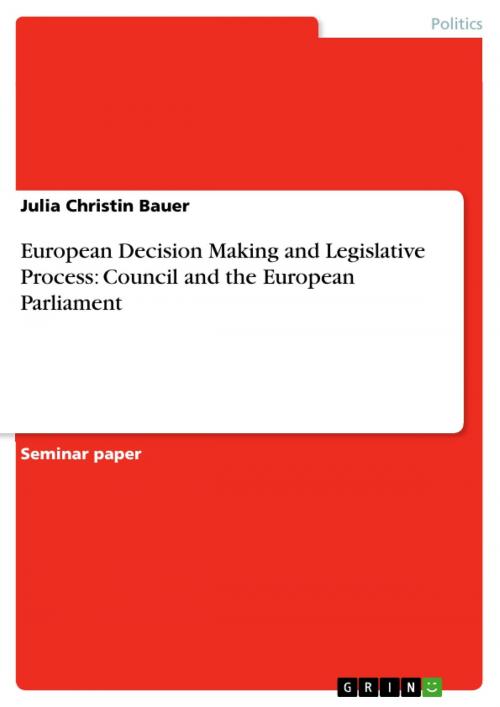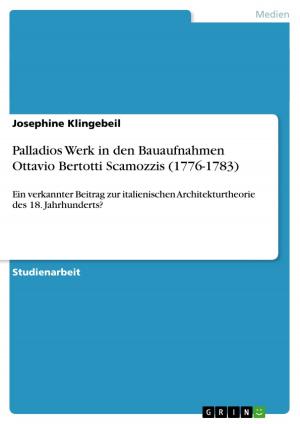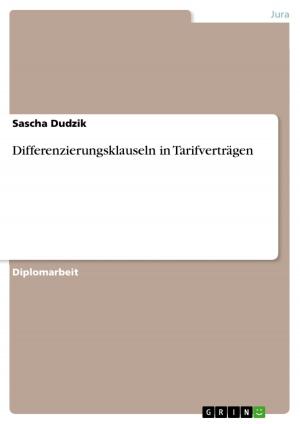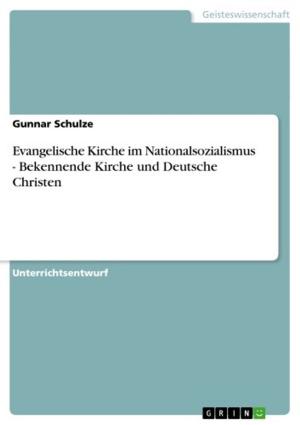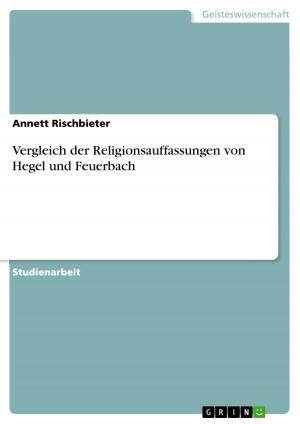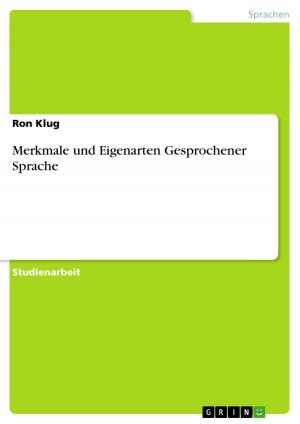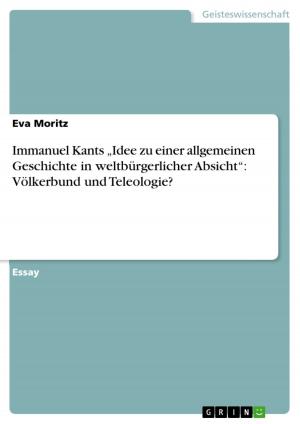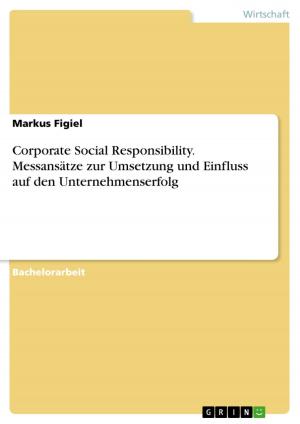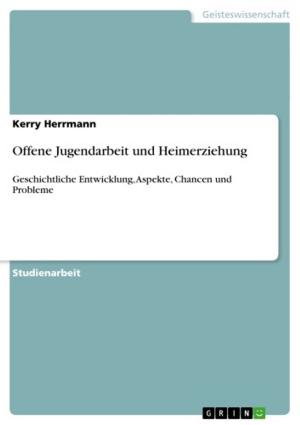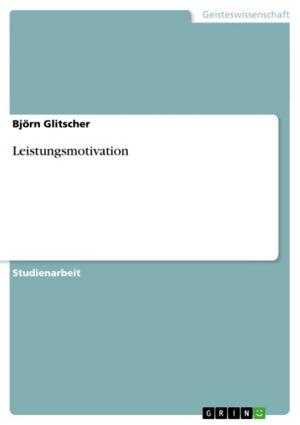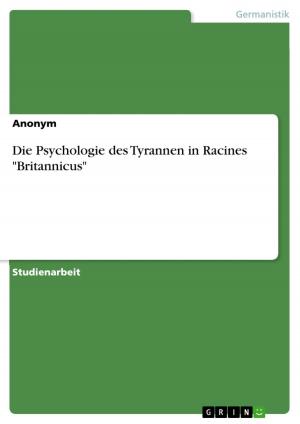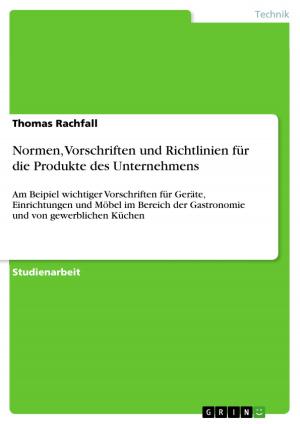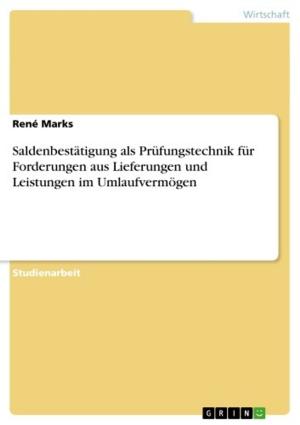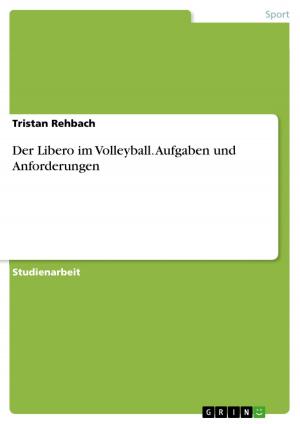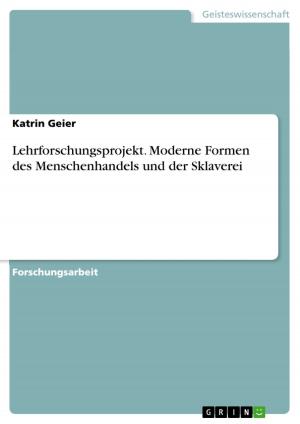European Decision Making and Legislative Process: Council and the European Parliament
Nonfiction, Social & Cultural Studies, Political Science| Author: | Julia Christin Bauer | ISBN: | 9783640229093 |
| Publisher: | GRIN Verlag | Publication: | December 11, 2008 |
| Imprint: | GRIN Verlag | Language: | English |
| Author: | Julia Christin Bauer |
| ISBN: | 9783640229093 |
| Publisher: | GRIN Verlag |
| Publication: | December 11, 2008 |
| Imprint: | GRIN Verlag |
| Language: | English |
Seminar paper from the year 2008 in the subject Politics - International Politics - Topic: European Union, grade: B+, Diplomatic Academy of Vienna - School of International Studies, course: European Decision Making, 14 entries in the bibliography, language: English, abstract: QUESTION: To what extend can one say that Council and the European Parliament are on an equal footing in the legislative process? Use examples if possible to back up your answer. The Council of the European Union and the European Parliament both play an important role in the legislative process of the European Union. Once a proposal was submitted by the European Commission, Council and Parliament will decide on the issue by using one of four forms of legislative procedures: codecision, consultation or assent and cooperation. The choice of procedure depends on the policy area of the proposal. Influence and power of Parliament and Council differ depending on the type of legislative procedure in use. There are cases in which the Council is dominant, for example in the decision on the directive on software patents , and areas in which the Parliament is dominant, such as the decision on stock storage of telecommunication data in 2005.
Seminar paper from the year 2008 in the subject Politics - International Politics - Topic: European Union, grade: B+, Diplomatic Academy of Vienna - School of International Studies, course: European Decision Making, 14 entries in the bibliography, language: English, abstract: QUESTION: To what extend can one say that Council and the European Parliament are on an equal footing in the legislative process? Use examples if possible to back up your answer. The Council of the European Union and the European Parliament both play an important role in the legislative process of the European Union. Once a proposal was submitted by the European Commission, Council and Parliament will decide on the issue by using one of four forms of legislative procedures: codecision, consultation or assent and cooperation. The choice of procedure depends on the policy area of the proposal. Influence and power of Parliament and Council differ depending on the type of legislative procedure in use. There are cases in which the Council is dominant, for example in the decision on the directive on software patents , and areas in which the Parliament is dominant, such as the decision on stock storage of telecommunication data in 2005.
